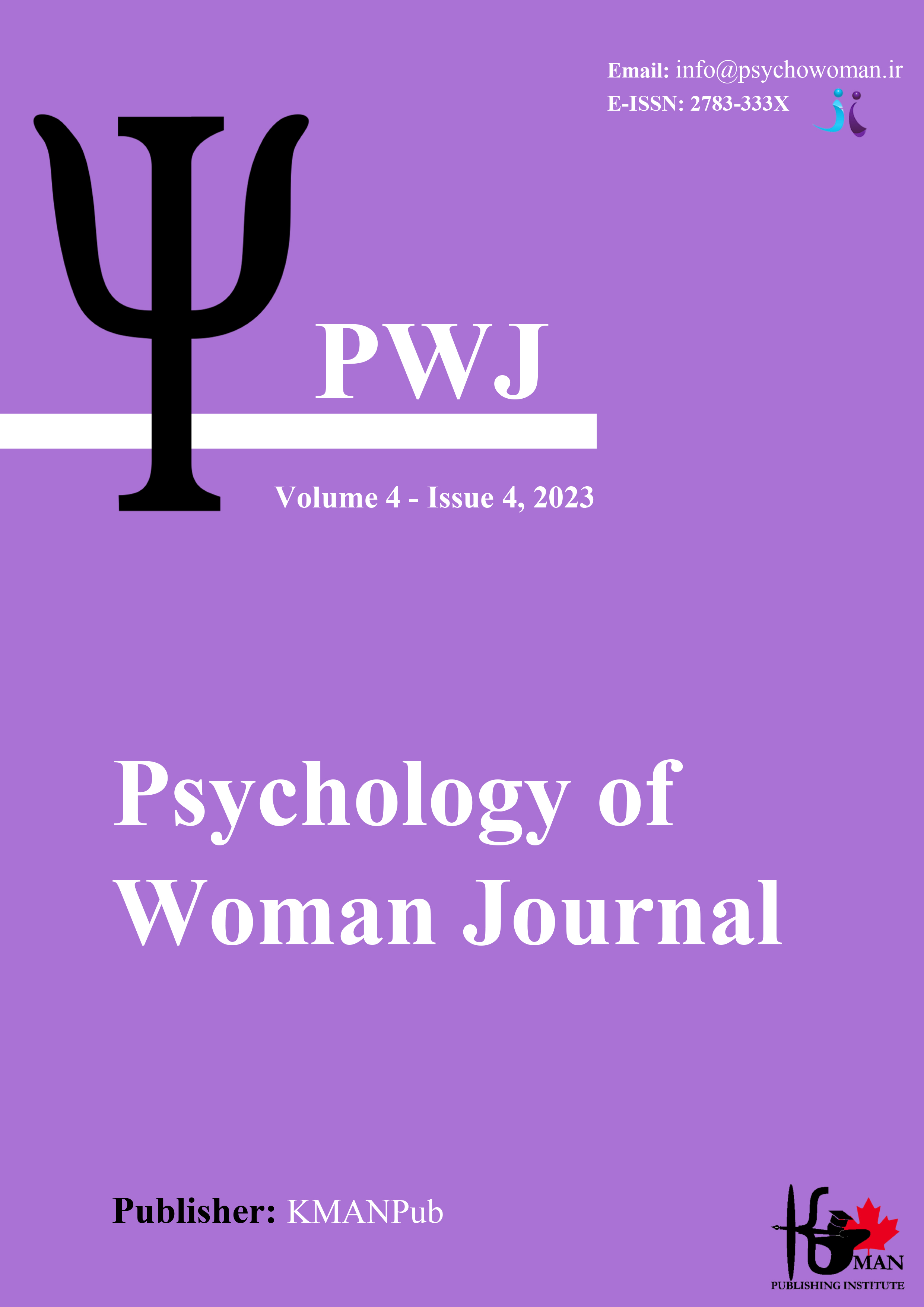Comparing the Efficacy of Schema Therapy and Acceptance and Commitment Therapy (ACT) in Negative Mood, Psychological Resilience, and Quality of Life in Women with Type 2 Diabetes
Abstract
Objective: Individuals with Type 2 Diabetes often experience conventional emotions such as anxiety, negative mood, decreased resilience, and quality of life. Therefore, the purpose of the current research was to compare the effectiveness of Schema Therapy and Acceptance and Commitment Therapy (ACT) in reducing negative mood, enhancing psychological resilience, and improving the quality of life in women with Type 2 Diabetes.
Materials and Methods: The research method was applied in terms of objective and quasi-experimental in terms of data collection method. The statistical population of this study included women with Type 2 Diabetes in Tehran during the first half of 2021. The sample size for this part of the research was 30, considering the nature of the study method. The research tools included the Catanzaro and Mearns Negative Mood Questionnaire, the UCLA Psychological Resilience Questionnaire, the 36-Item Short Form Health Survey (SF-36), Schema Therapy, and Acceptance and Commitment Therapy.
Findings: Based on the findings of the current research, it was determined that Schema Therapy was effective in reducing the negative mood of women with Type 2 Diabetes in Tehran. Acceptance and Commitment Therapy was also effective in reducing the negative mood of these women. Additionally, Schema Therapy was found to be effective in enhancing the resilience of women with Type 2 Diabetes in Tehran, as was Acceptance and Commitment Therapy. Both therapies were also effective in improving the quality of life of these women. Furthermore, it was determined that Acceptance and Commitment Therapy was more effective than Schema Therapy.
Conclusion: The findings demonstrated significant improvements in all three variables for both therapeutic approaches. Schema Therapy showed marked effectiveness in enhancing psychological resilience and quality of life, while ACT was particularly effective in reducing negative mood and improving overall well-being.
Downloads
Downloads
Published
Issue
Section
License
Copyright (c) 2023 Sara Malek Mohammadi, Ahmad Torabi, Zahra Mohseni Nesab, Amineh Khedmati Nojeh Deh Sadat, Abdolsamad Nikan (Author)

This work is licensed under a Creative Commons Attribution-NonCommercial 4.0 International License.










